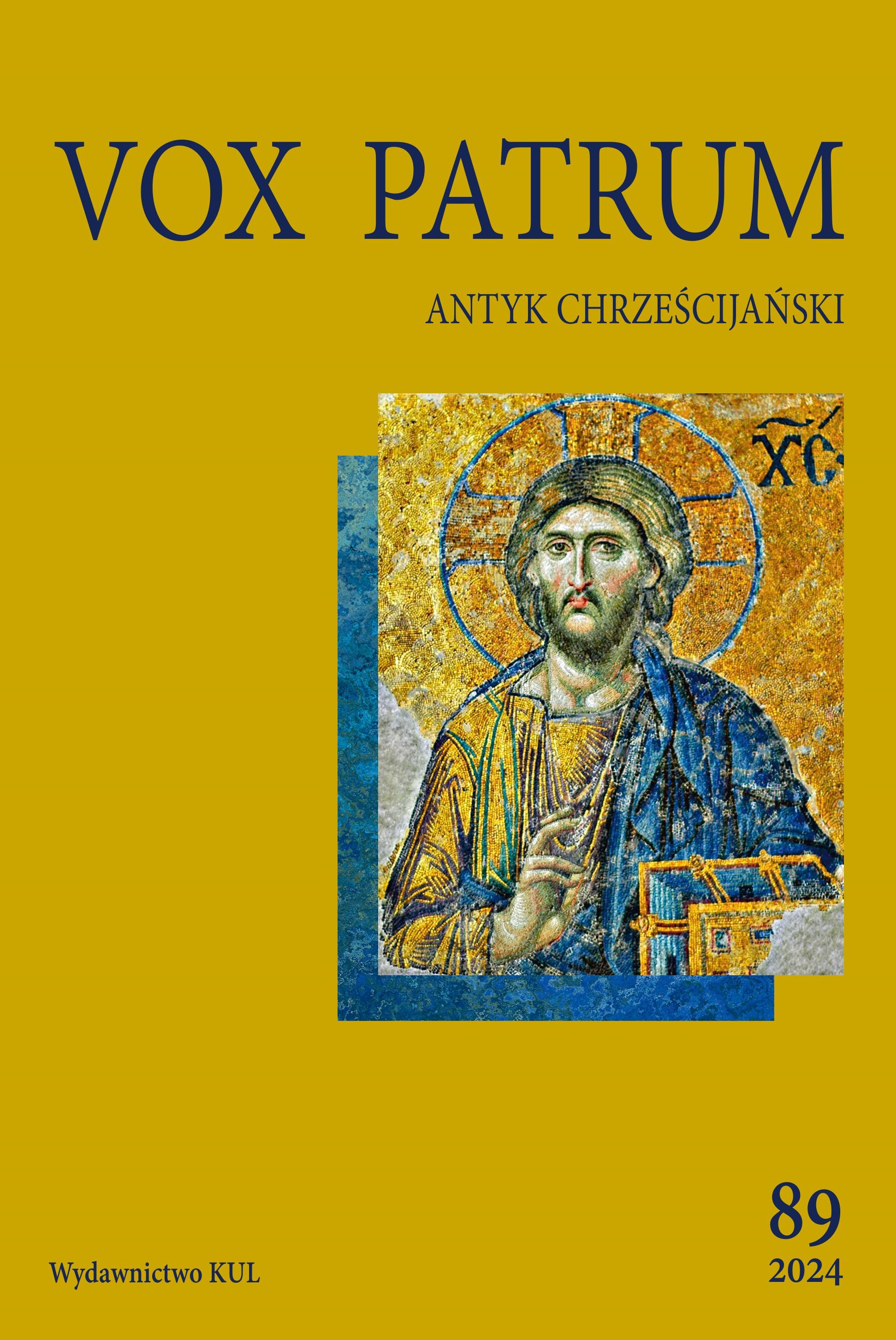Patrystyczno-biblijna argumentacja kwestii eschatologicznych w traktacie Juliana z Toledo „Prognosticum futuri saeculi”
The Patristic-Biblical Argumentation of Eschatological Issues in Julian of Toledo’s Treatise “Prognosticum futuri saeculi”
Author(s): Dariusz KasprzakSubject(s): Biblical studies, Pastoral Theology, Sociology of Religion, History of Religion
Published by: Katolicki Uniwersytet Lubelski Jana Pawła II
Keywords: Julian of Toledo; Prognosticum futuri saeculi; patristic and biblical argumentation; eschatology;
Summary/Abstract: Julian of Toledo’s (642-690) treatise, entitled Prognosticum futuri saeculi, had a great influence on the later theology and religiosity of the Western Church; it was transcribed in thousands of copies and was available in most medieval libraries. The theological argumentation used by Julian of Toledo in his treatise Prognosticum futuri saeculi is eminently repetitive. In his method of proving the veracity of the theories posited about fire purifying souls posthumously, the author draws primarily on eschatological thought developed by the authorities of the Western Church that he recognized: Augustine of Hippo, Gregory the Great, Julian Pomerius. The source of the concept of the existence of souls after the physical death of bodies or the concept of the immediate remuneration of souls after the physical death of bodies derives from Greek philosophy, while the question of the healing of souls in the hereafter or the fire that purifies souls is a borrowing from the Judeo-Christian apocryphal apocalypses. The biblical argumentation is an add-on for him and is only meant to be a confirmation of the theses previously accepted from the authority of the Western Fathers. The biblical quotations used by Julian of Toledo in favor of eschatology an intermediate state do not prove anything, since in the biblical text at the level of literal meaning intended by the biblical author such content simply does not exist. Julian is not trying to extract the original meaning of the biblical text in an exegetical sense, and his biblical argumentation is an apriori interpretation of the biblical text while giving it more-than-literal meaning.
Journal: Vox Patrum
- Issue Year: 2024
- Issue No: 89
- Page Range: 149-173
- Page Count: 25
- Language: Polish

